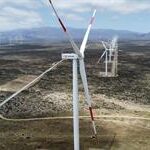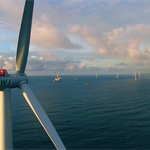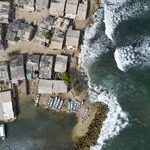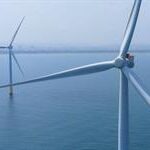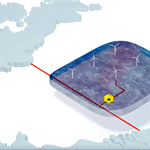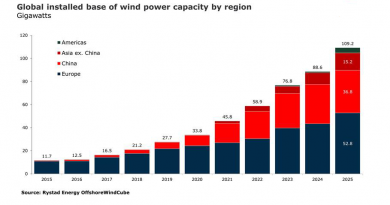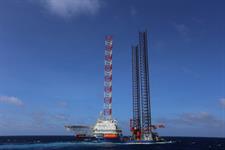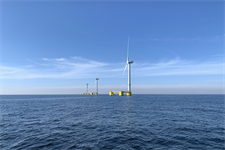Chile’s new grid access rules “not enough” to help wind
Energy Disrupter
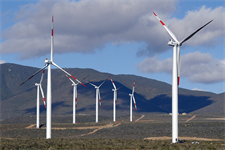
Chile’s renewable energy association, Acera, has dismissed new rules published last week by the country’s National Energy Commission as insufficient to stop thermoelectric plants gaining priority access to power networks.
Under previous rules, power plants that use liquified natural gas (LNG) could obtain priority dispatch to the grid for the electricity they generate thanks to so-called inflexibility statements, when contractual obligations and limited storage capacity mean the facilities cannot be placed on standby.
According to renewable energy companies, thermoelectric generators have been abusing the system by overstating their limitations. This has caused solar and wind farms to dump power as priority access was given to higher cost gas-fired plants.
Under the new rules, the commission will carry out its own study to assess how much of the output contracted by LNG generators should be declared inflexible.
“The published regulations avoid the excessive use of inflexible LNG to the detriment of renewable energies, seeking to safeguard safer and more economical operation,” the commission said in a statement.
The commission expects the measures to reduce the shedding of solar and wind energy, it added..
“From a first reading of the rules published by the National Energy Commission, it is not clear that it is going to be effective in reducing… the actual use of inflexibility,” Acera executive director Carlos Finat told Windpower Monthly.
“If this study is done under very conservative criteria, the amount of gas that is really necessary could be overestimated, and the rules’ impact on limiting inflexibility statements would be null,” Finat added.
As of September 2021, 22% of the electricity on Chile’s national power grid came from gas-fired plants, compared with 11% from solar farms and 9% from wind farms.

